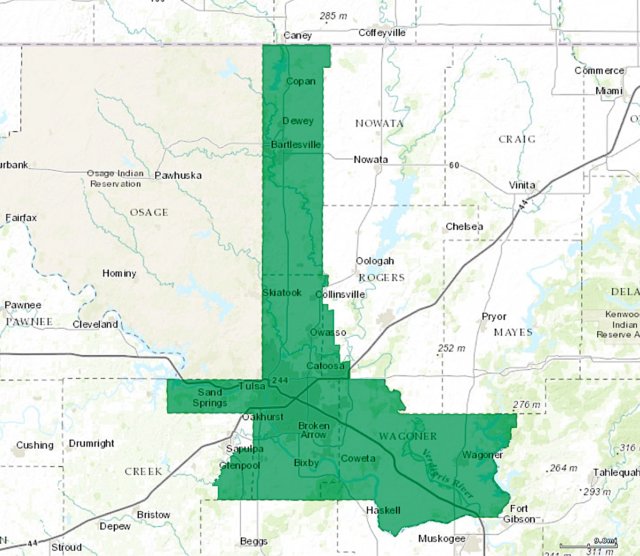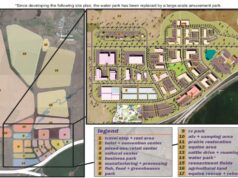With former U.S. Rep. Jim Bridenstine now leading the National Aeronautics and Space Administration, voters in Oklahoma’s 1st Congressional District saw five Republicans and five Democrats file for the open seat.
While the Republican side of CD 1 may feature a more competitive primary, its clashing advertisements, independent expenditures and jagged barbs have been more negative.
On the other side, a former assistant attorney general and Oklahoma State Board of Education member has accumulated a series of endorsements from notable Democrats.
More information about CD 1 can be found from Ballotpedia.
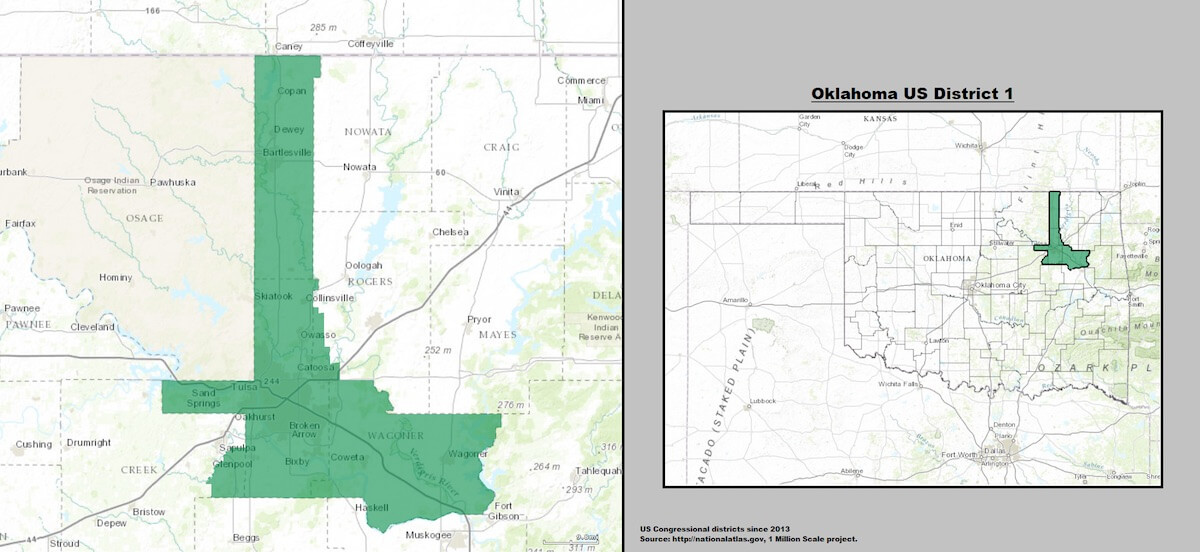
Andy Coleman, 39, Owasso
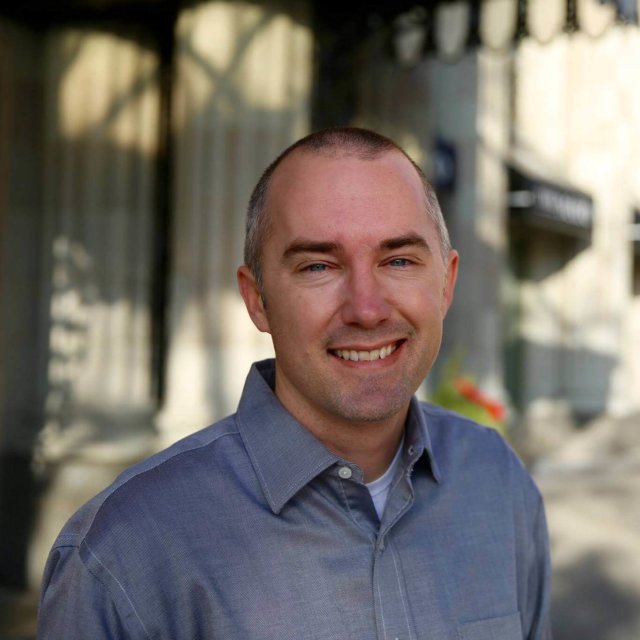
Profession: Minister; attorney
Experience: A U.S. Air Force veteran and attorney (formerly with Shook, Hardy & Bacon), Coleman’s Facebook page says he decided to dedicate his life to ministry, joining Voice of the Martyrs.
Platform: Coleman’s website calls the U.S. Constitution “an amazing document,” and he says “Obamacare must be stopped and thoughtfully replaced.” He said in a Facebook video two months ago that he supported President Donald Trump’s decision to send National Guard troops to America’s southern border.
Links: Website | Facebook | Twitter
Sen. Nathan Dahm, 35, Broken Arrow
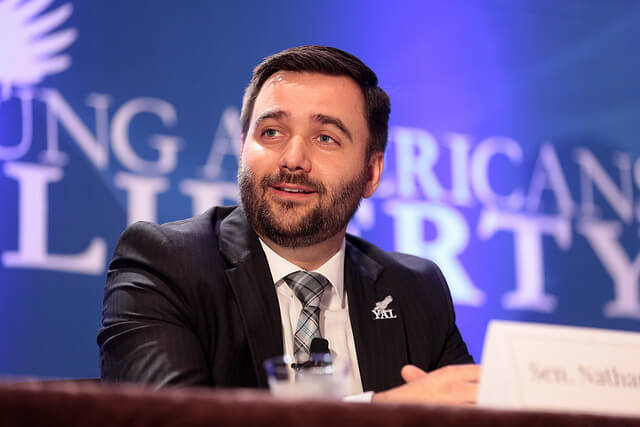
Profession: Software developer; former municipal engineering technician
Experience: Sen. Nathan Dahm (R-Broken Arrow) was first elected to the Oklahoma State Senate in 2012. His current term extends through 2020, so if he does not win this congressional race, he will remain in the State Senate.
Platform: Dahm has been one of the State Senate’s most vocal conservatives in recent years, consistently voting against revenue measures while advocating for reduced firearm regulations and more stringent abortion rules. This year, he championed an effort to eliminate existing tax credits for the wind industry.
Links: Website | Facebook | Twitter
Tim Harris, 65, Tulsa
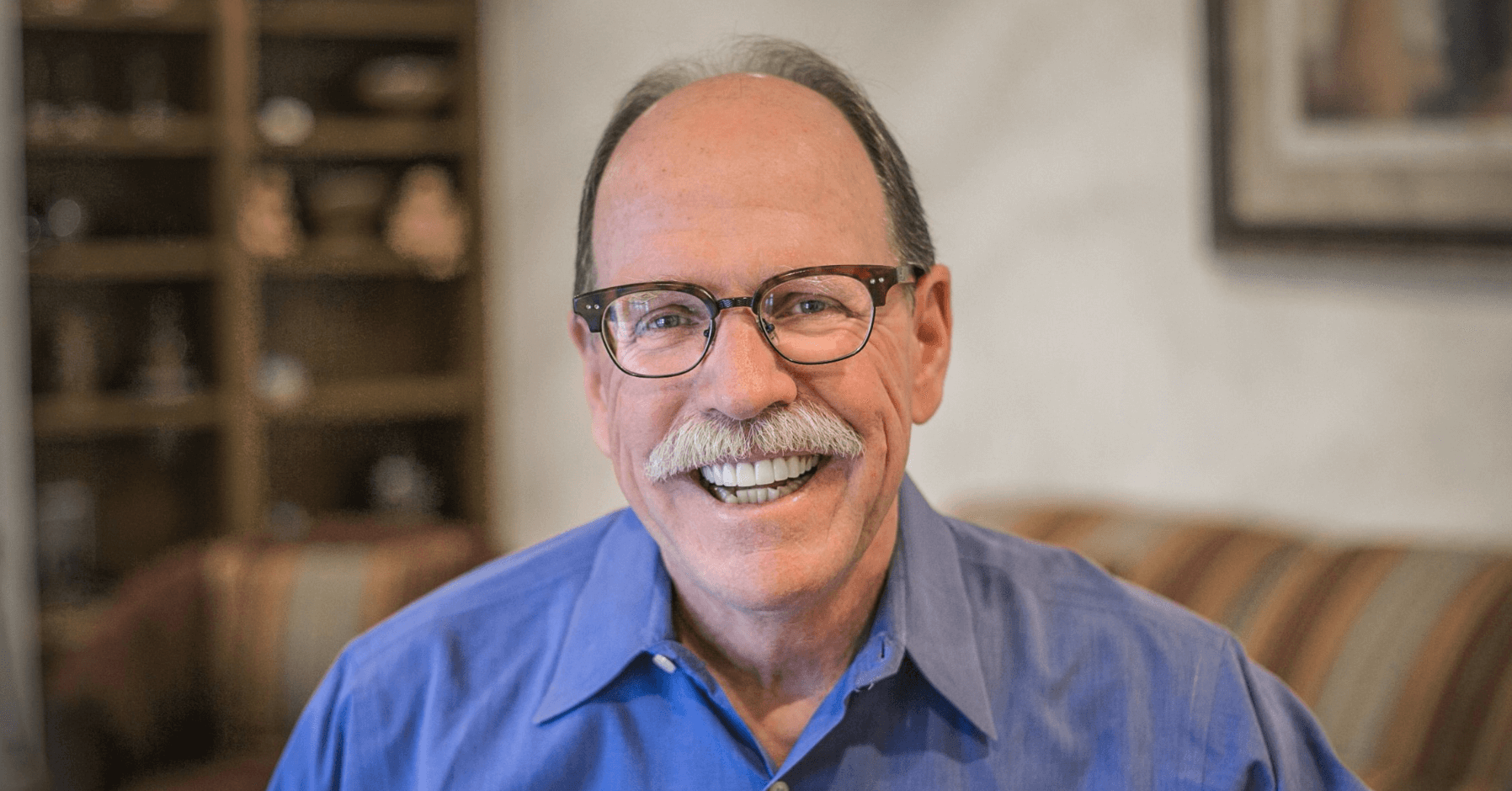
Profession: Attorney
Experience: Served 16 years as Tulsa County District Attorney.
Platform: “I am a fighter,” Harris emphasizes in his campaign literature. His website says “Obamacare must be repealed” and emphasizes his commitment to rewriting the federal tax code.
Links: Website | Facebook | Twitter
Kevin Hern, 56, Tulsa
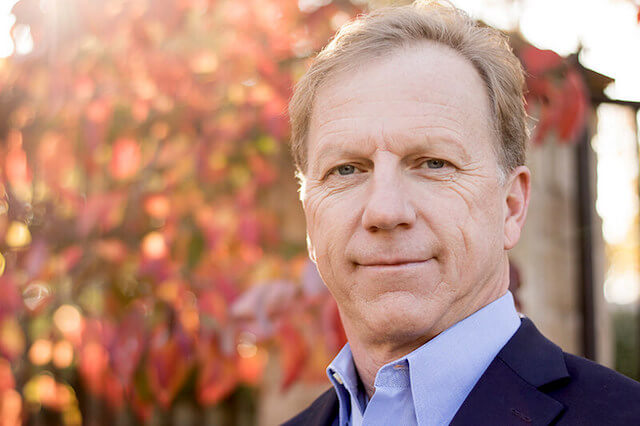
Profession: Businessman; McDonald’s franchisee
Experience: Hern’s primary web video tells of his childhood living on government assistance and his rise through the McDonald’s training program to own up to 18 of the burger joints at once.
Platform: Hern’s messaging hammers home hallmark Republican talking points like the rest of his opponents, but he has been attacked by Club For Growth — whom Hern’s camp calls “a DC insider group — for having made political donations to federally elected Democrats and PACs that have subsequently supported them. Hern has been endorsed by Rogers County Sheriff Scott Walton, who is facing a civil lawsuit after an altercation at a recent State Question 788 forum.
Links: Website | Facebook | Twitter
Danny Stockstill, 43, Tulsa
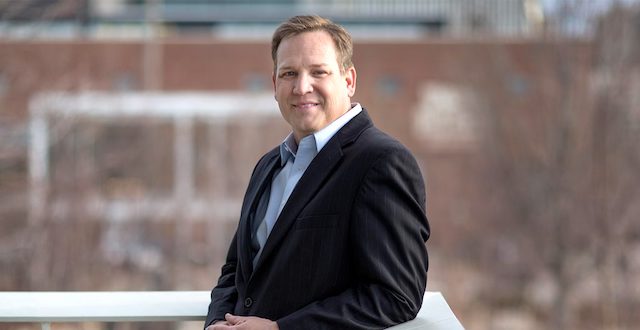
Profession: Pastor; businessman
Experience: In a web video, Stockstill notes that he was motivated to run after the negative 2016 presidential campaign.
Platform: On Stockstill’s site, he lists “First Amendment” at the top of his Issues page but only references freedom of religion in describing it. He also lists “Second Amendment,” “Immigration,” “Budget” and “Health Care” on the page.
Links: Website | Facebook | Twitter
Amanda Douglas, 36, Broken Arrow
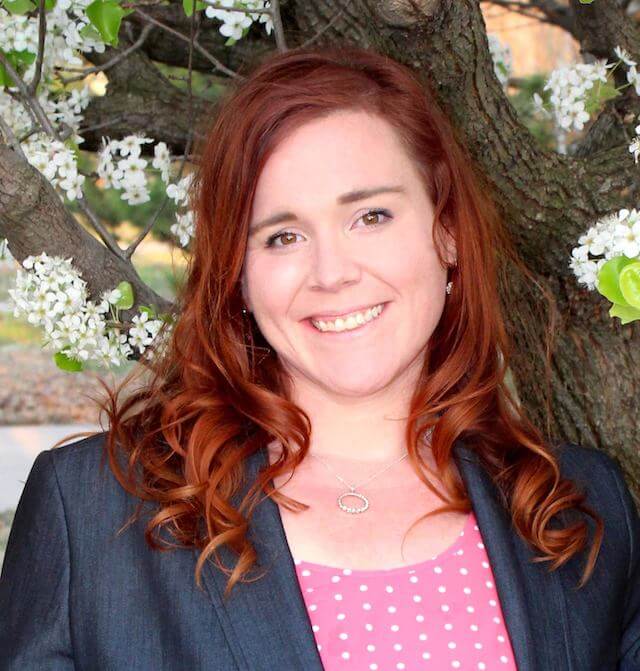
Profession: Business analyst; consultant; journalism degree
Experience: Douglas states online that she decided to run after giving birth to her daughter about 20 months ago.
Platform: She states she will vote to represent her constituents despite her personal beliefs. She supports Medicare for all. In Facebook advertisements, she has emphasized her support for State Question 788’s legalization of medical marijuana.
Links: Website | Facebook | Twitter
Gwendolyn Fields, 51, Oklahoma City
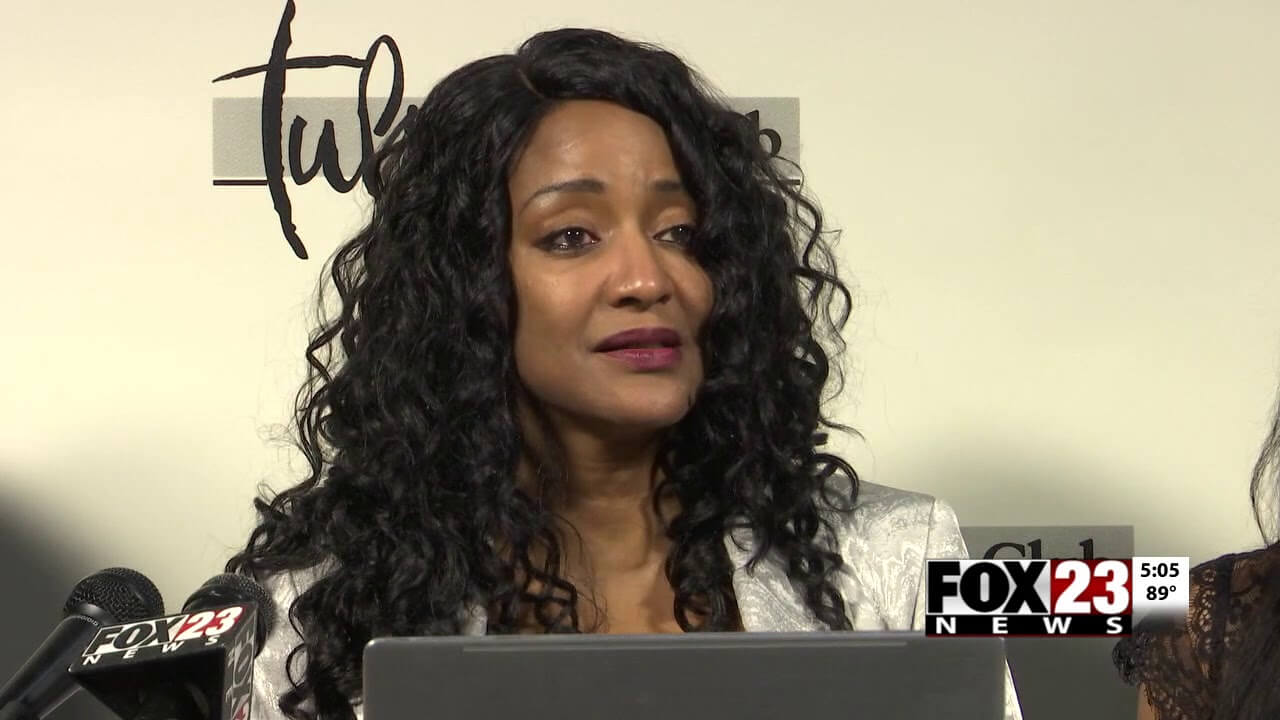
Profession: Criminal justice reform advocate
Experience: Fields is a member of the All in One Project, which filed suit against Gov. Mary Fallin in 2017 over incarceration issues.
Platform: On Facebook, Fields states that “Our state repels businesses because of our lack of diversity, high incarceration rate, and the racist/sexist/caste system that favors the establishment rich and excludes everyone else.” On her website, she discusses criminal justice reform and an intention to investigate private prison companies.
Links: Website | Facebook
Tim Gilpin, 57, Tulsa
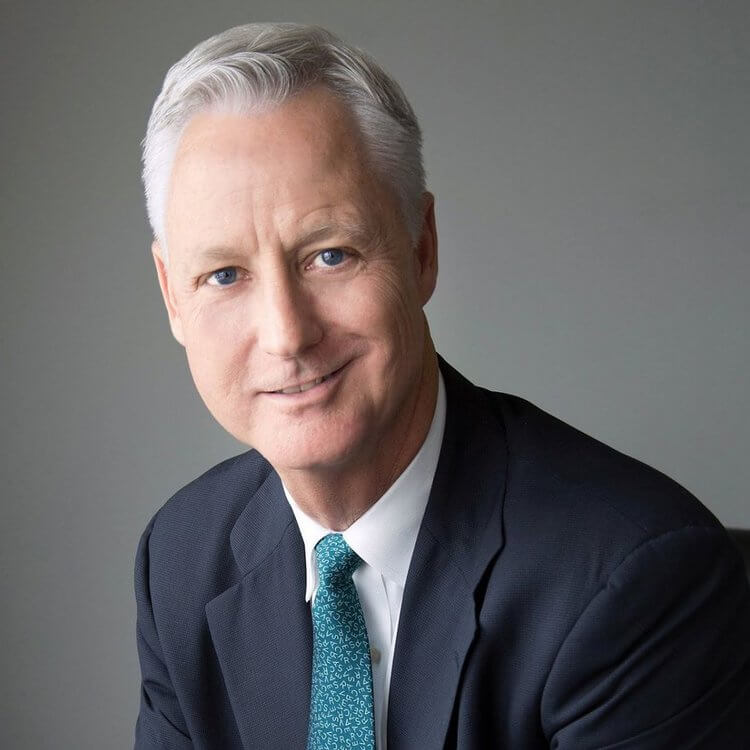
Profession: Attorney
Experience: Gilpin previously served on the Oklahoma State Board of Education. He is also a former assistant attorney general.
Platform: Gilpin’s website emphasizes his education bonafides and states college students should not graduate in extreme debt. He supports State Question 788, has been endorsed by several prominent Democrats — including former Gov. David Walters, former State Superintendent Sandy Garrett and current Rep. Monroe Nichols (D-Tulsa) — and says that while mass shootings are a threat to children, “The proposal to arm teachers is nonsense and does nothing but distract us from real solutions.”
Links: Website | Facebook | Twitter
David Matthew Hullum, 35, Tulsa
(No readily available photo apparent)
Profession: Unclear
Experience: Unclear
Platform: Unclear
Mark A. Keeter, 61, Tulsa
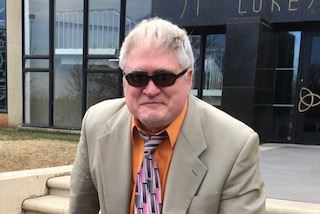
Profession: Unclear
Experience: Unclear. Keeter’s
Platform: Keeter’s digital campaign presence includes a Facebook page with eight followers and a Twitter profile with one follower. His latest Facebook post is from 1:25 a.m. Friday, May 25, in which he answers a question about how to secure and improve elections:
First, I would remove all connectivity between polling stations, or any other connection or add-drop point within the polling network.
Second, assuming we do not wish to go to hand carried communications, I would require the construction of an Intra-Network that is totally private and WITHOUT ANY external connection. In addition, I would construct a star shaped point-to-point backup network that would also transmit the data between polling/reporting stations. The two network results would then be manually compared for accuracy. They should be identical. Finally, I would include a piece of hardware, possibly build into either the polling computer or the Transmitter/receiver that includes an encrypted code at a memory location to be determined based on several unknown factors like the age or height of the polling station monitor, something that is unknowable without extraordinary effort and a great deal of spying or reverse engineering. If that information does not match, then, regardless of the matching polling data, there is a problem and the votes would be investigated.









